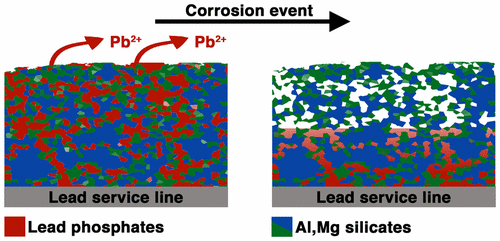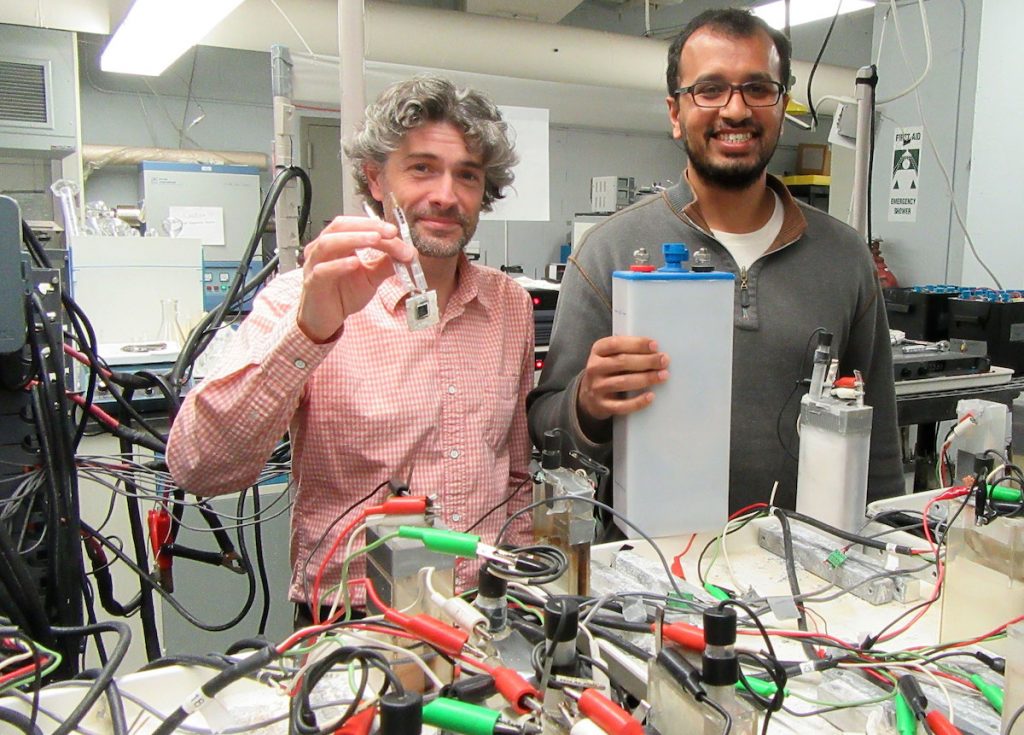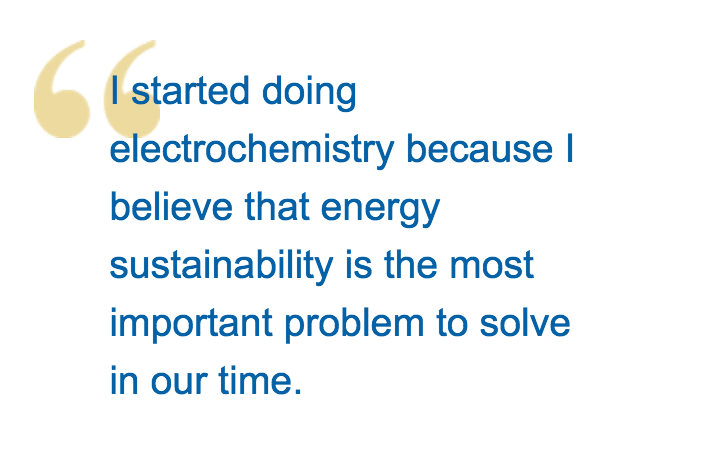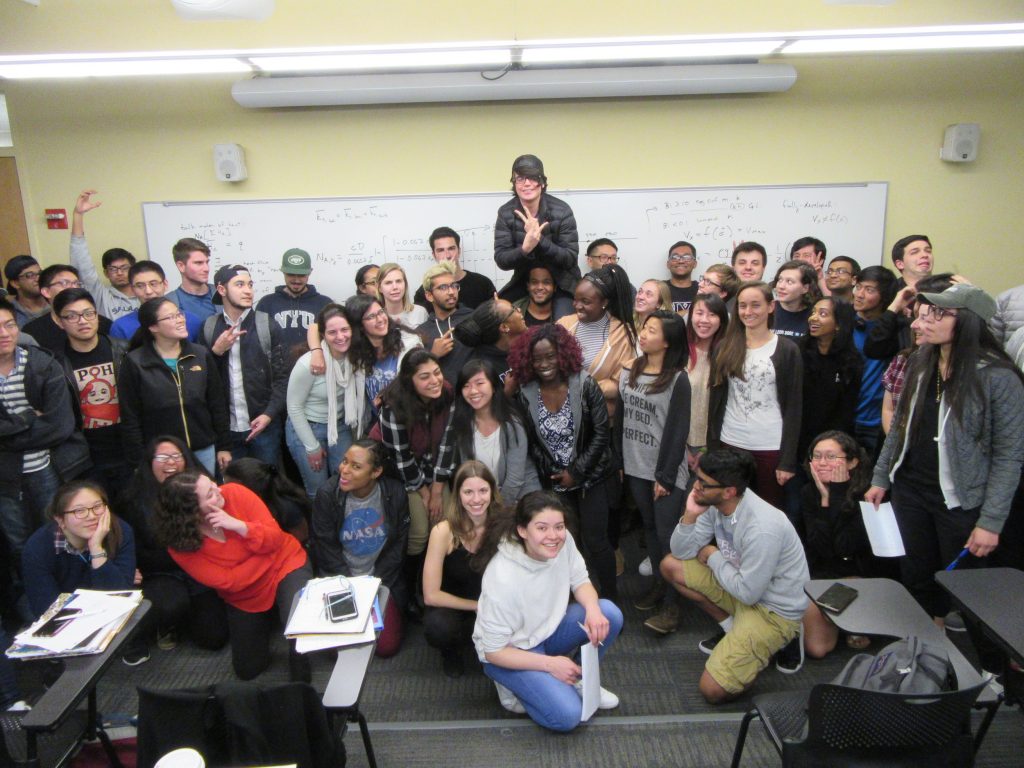There’s a wonderful paper by Olson et al. in Environmental Science & Technology Letters called Forensic Estimates of Lead Release from Lead Service Lines during the Water Crisis in Flint, Michigan. From the abstract:
The findings provide evidence that selective dissolution of lead phosphate minerals occurred because of the absence of orthophosphate during the crisis.
I’m teaching the chemical engineering intro class at Northeastern this semester, and I’m putting in some information from this paper. Mismanagement of the water supply in Flint is a pretty perfect example of how not to do chemical engineering. The piping infrastructure in Flint required orthophosphate treatment of the water, and for some reason this practice was stopped.






